Arbolite panels: pros and cons, characteristics and application
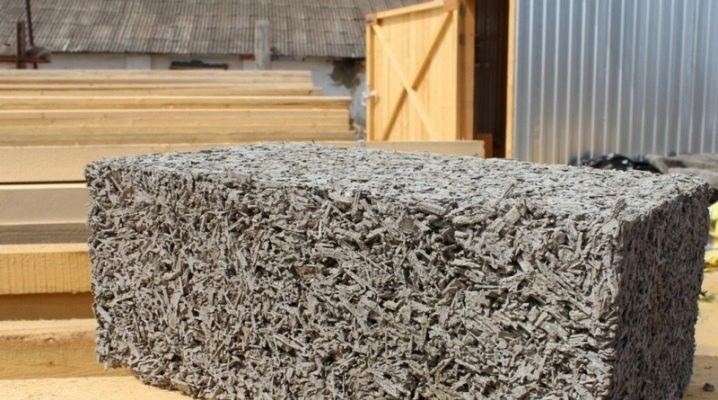
Every day there are more and more new materials for the construction of various buildings and structures. One of the most popular options in recent years is wood concrete panels and slabs. Knowledge of the features of such products allows you to correctly apply them and effectively solve basic construction problems.
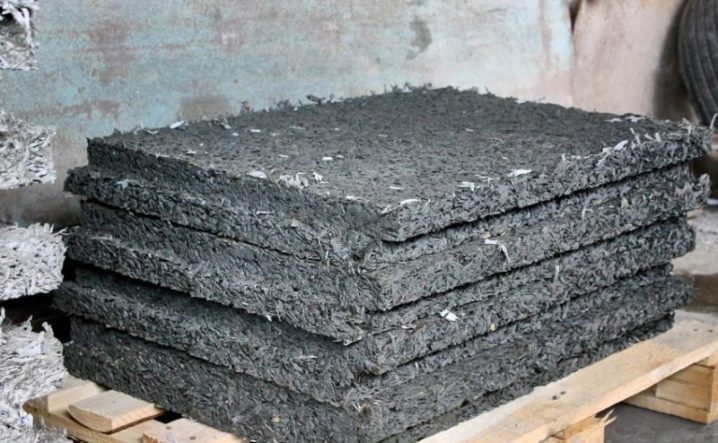
Peculiarities
Since ancient times, builders have been continuously looking for an answer to the question - how to lighten the walls of houses while maintaining their strength, normal thermal protection and other valuable parameters? The emergence of each new type of wall material immediately causes a stir for this very reason. Arbolite panels differ in a number of positive aspects:
- they are environmentally friendly;
- do not let heat through;
- effectively suppress extraneous sounds;
- allow you to provide a decent air exchange with the external environment.
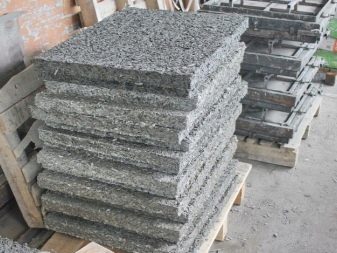
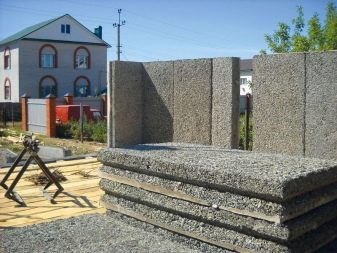
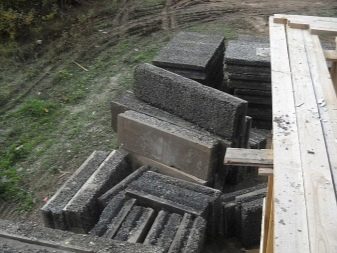
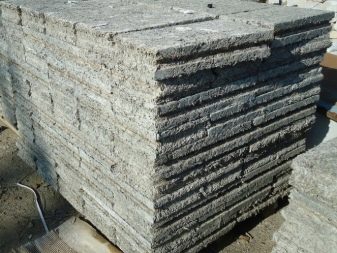
Wood concrete wall blocks are made by combining shredded wood and carefully processed cement. This combination allows you to simultaneously achieve:
- significant strength;
- resistance to insects and microorganisms;
- minimum thermal conductivity;
- resistance to open fire and strong heat.
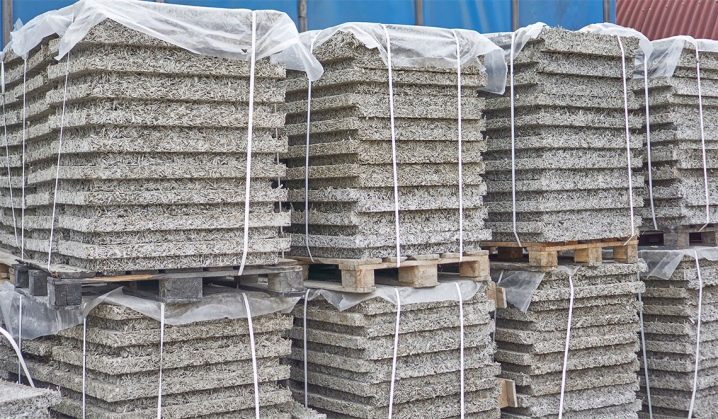
If the production technology is followed, then the mechanical strength of sheet wood concrete can reach 30 kg per 1 sq. see This material perfectly tolerates shock. Its bending resistance can vary from 0.7 to 1 MPa. The difference is associated not only with the nuances of technology, but also with the degree of wear, with the peculiarities of the use of structural material in construction. As for the class of biological resistance, the manufacturers of the material guarantee complete immunity to pathological fungi, including any forms of mold.
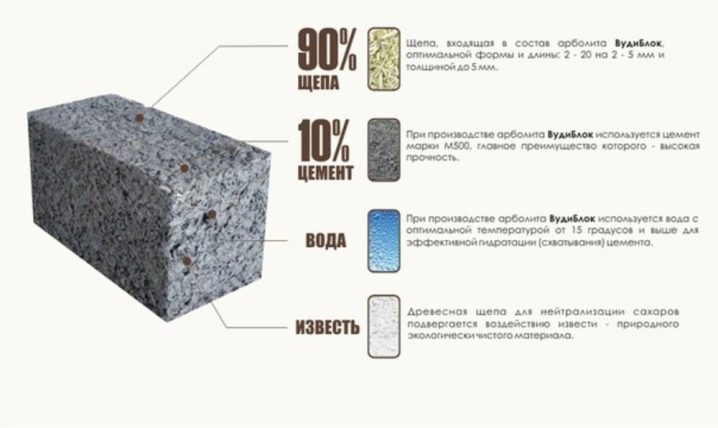
It is worth noting that wood concrete sheets transmit more heat than other common building materials, including brick and aerated concrete. Therefore, it is necessary to increase the thickness of the walls in order to compensate for heat losses. Much more serious, however, is another problem - the high level of moisture absorption. It can reach 75 and even 85%. Because of this property, wood concrete cannot be used for the construction of walls entirely: the base has to be made of a different material, while all structures are carefully covered with decorative protection.

A positive feature of wood concrete is its high vapor permeability. It allows you to maintain normal humidity in the house, even if it is damp, chilly weather. The material is considered to be resistant to frost (30 and even 35 cycles). Therefore, it is recommended for the construction of summer cottages and other buildings that do not have constant winter heating.
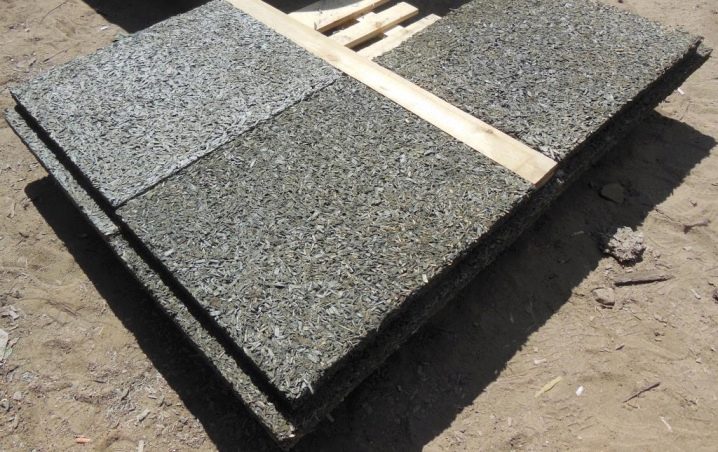
A minimum of sounds with a frequency of 126 to 2000 Hz seeps through the SIP panels from the wood concrete. And it is in this frequency range that the lion's share of the noise that bothers the owners of private dwellings is located. The shrinkage of the wood concrete wall, subject to construction technology, is 0.4 or 0.5%. This level is completely uncritical for any residential building.
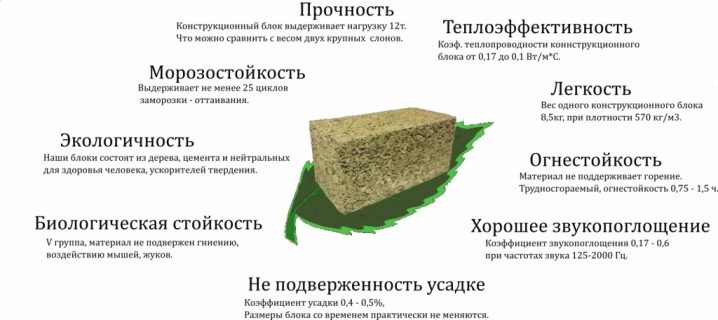
Positive feedback from the owners of wood concrete buildings is associated with their decent resistance to fire. In addition to being slightly flammable, this substance burns slowly (even if it can be ignited) and produces very little smoke.
Wood concrete walls are well cut, drilled and sawn. It is easy to hammer nails into them, screw in self-tapping screws or bolts.All this allows you to significantly speed up repair and construction work. Since the structures are relatively light, a simple foundation can be made for them with minimal material costs.
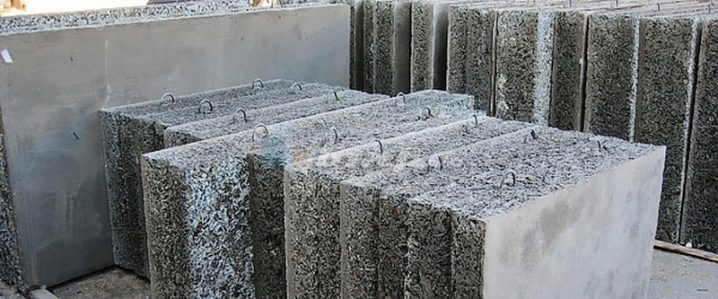
Finishing slabs
When performing external and internal finishing, it is necessary to equally avoid the use of materials and technological solutions that can cause damage to wood concrete structures. The large pores, characteristic of this type of structural blocks, must by all means be covered from the ingress of moisture from the outside. If this condition is not met, the reliability of the wall will be in question. The specific type of protective and decorative coating is determined on an individual basis each time.
This takes into account:
- type of building;
- features of its use;
- location of the object;
- climatic and microclimate load;
- possible and acceptable costs for construction or major repairs.
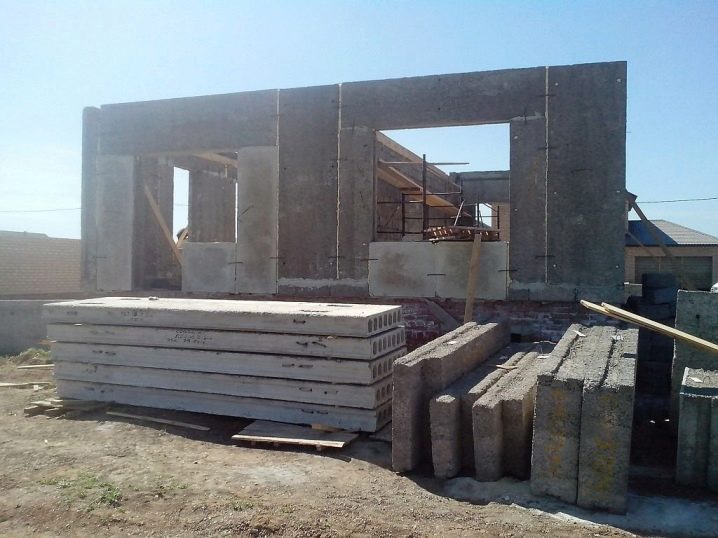
Plaster is the main and often the only option for facing arbolite structures. If cement plaster is used, then a 2 cm cover should be applied to a regular (3 cm thick) wall. As light as it may seem, it creates a noticeable overall burden. Therefore, this moment cannot be ignored when drawing up a project for the house as a whole and the foundation in particular.
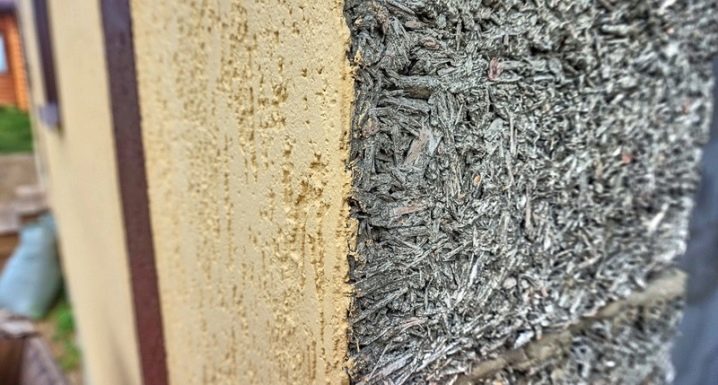
Plaster based on gypsum and lime is also quite widespread. If a lime composition is used, painting the surface with any facade paint can also be used. Many experts recommend plastering arbolite with decorative mixtures. They are produced on a very different basis, but without exception, they all pass steam well. This allows for a long service life of the coating itself and the wall to which it is applied.
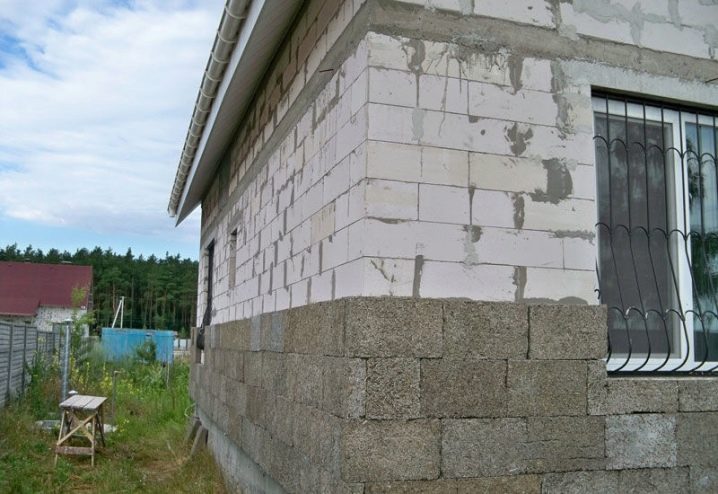
It is not necessary, however, to limit yourself to plaster. Arbolite can be sheathed with siding, clapboard, or covered with a layer of brick. For your information: if a brick is chosen, a gap of 4 or 5 cm should remain between it and the main wall. Theoretically, you can refuse to use insulation. Still, some developers use mineral wool. Experience shows that it improves the thermal properties of the structure.
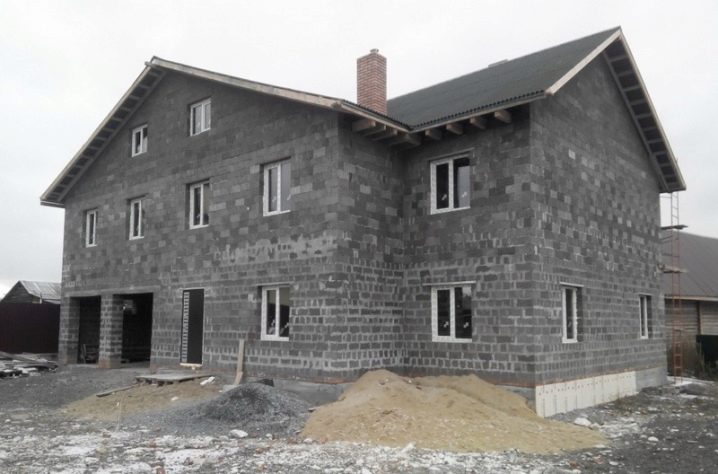
Wood concrete walls are often covered with vinyl siding. Its panels do not differ in characteristics from the main material and in the same way "breathe". Two more advantages of such a coating are aesthetic perfection and protection from moisture. But we must beware of thermal destruction. Even the best vinyl can be damaged by temperature fluctuations.
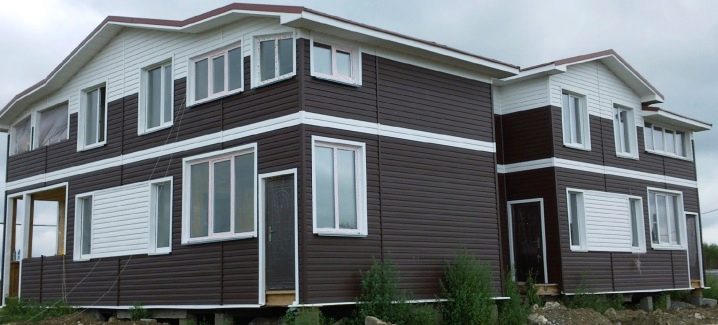
Returning to the use of plaster for finishing wood concrete, one cannot ignore the fact that it sometimes cracks. This is mainly due to a violation of the production technology or to the low quality of the blocks themselves. It is undesirable to use damp panels, because their natural drying inevitably provokes deformation. You should also take into account the shrinkage of both the building panels and the joint mortar. With strict adherence to technology, it is possible to complete the construction, as well as plaster the walls in one season.
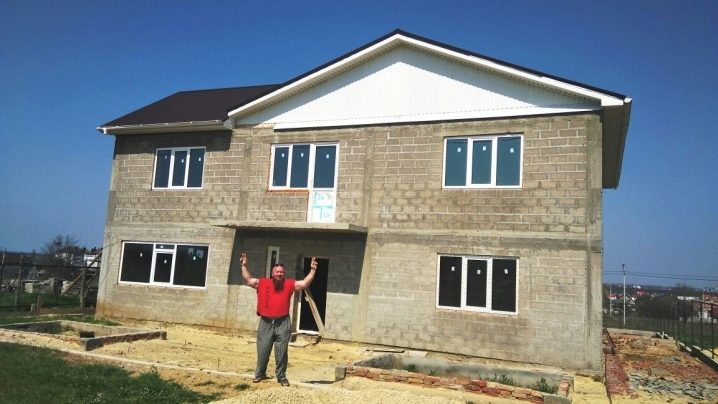
Manufacturers
When choosing suitable wood concrete panels for the construction of load-bearing partitions or other structural elements, one cannot be limited only to an assessment of their dimensions. It is very important to take into account the reputation of manufacturers, their compliance with standard requirements.
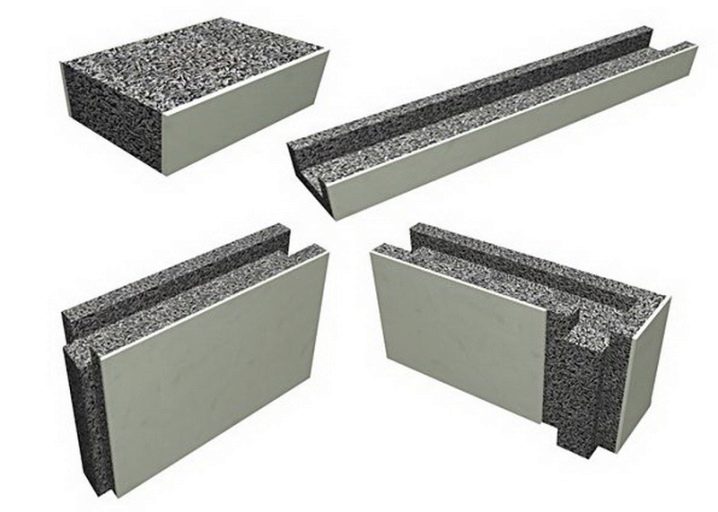
First of all, it is worth considering the products of Ivanovsky OKB "Sphere"... On the equipment of this particular company, dozens of other Russian factories produce wood concrete, and this fact already means a lot. No less high-quality blocks are made at another enterprise from the Ivanovo region - in TPK "Sawing Boards"... This company has allocated a separate heated room for the so-called maturation of its products.
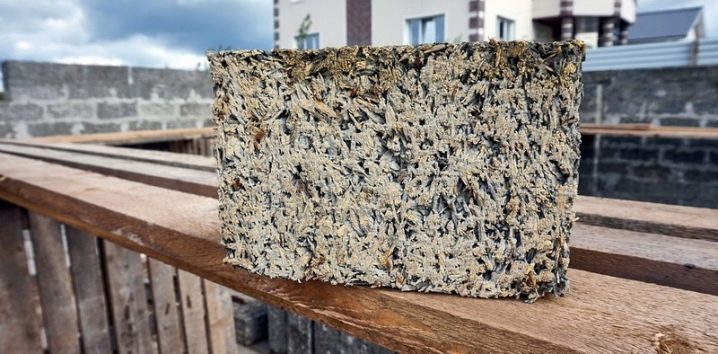
Slightly less perfect, although large in size, panels are made in the vicinity of Dmitrov, near Moscow. Tverskoe Arbolit 69 LLC just recently started work. But in the Arkhangelsk region, in the town of Nyandoma, it has been functioning for several years LLC "Monolit"... They make blocks of a special, "northern" format.
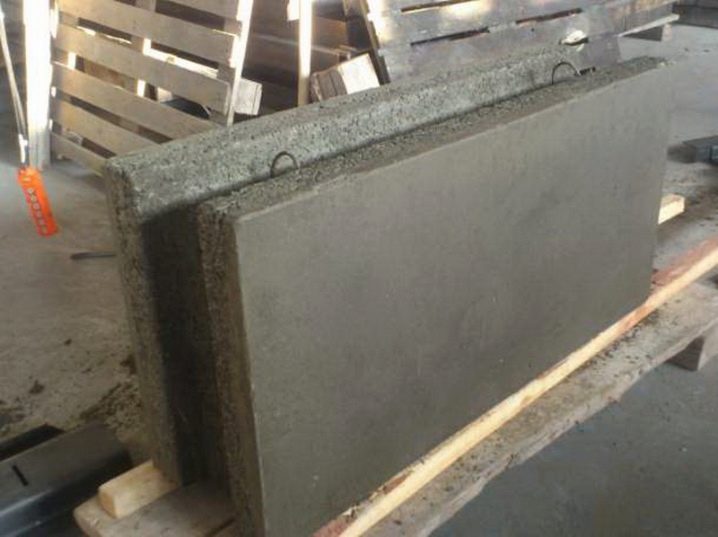
Subtleties of application
Speaking about the construction of houses with your own hands from wood concrete elements, one cannot ignore the peculiarities of their use. If you need to create a structure of a non-standard shape, use trapezoidal and triangular panels. A stone cutting circular saw is used for precise configuration and adjustment to size. Important: if the geometry is really complex and pretentious, you should immediately order products of the required format. It is cheaper and more reliable.
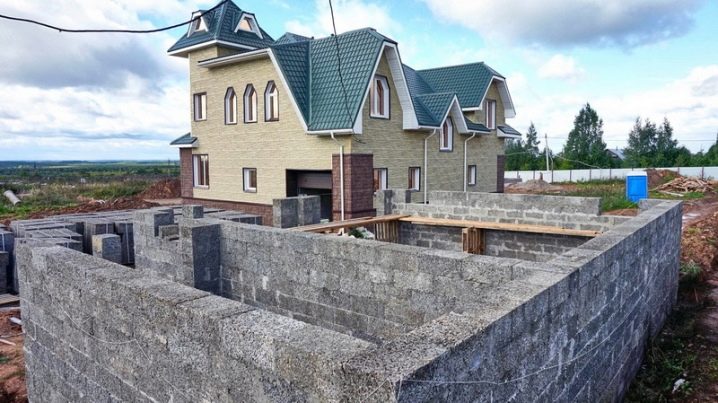
Internal partitions are most often constructed from 20x20x50 cm panels. A special type of product is ordered to arrange ventilation ducts. When designing the floor, it is advisable to make lintels from blocks in the shape of the letter U. The recommended size in this case is 50x30x20 cm. The masonry mortar consists of 1 part of cement and 3 parts of sifted sand.
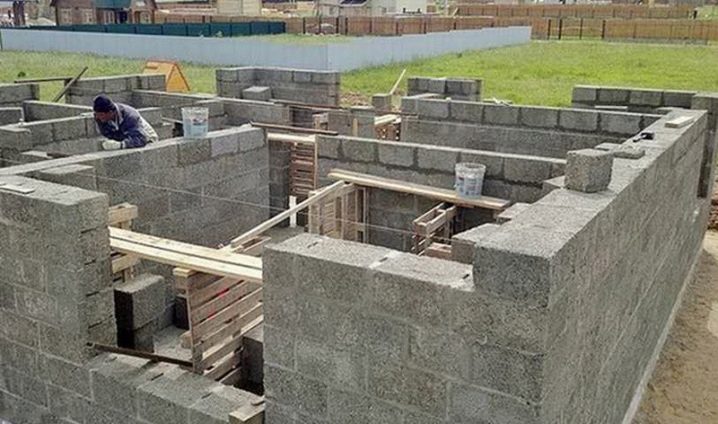
Before starting the installation of the panels, a reinforcing belt made of high-quality concrete must be poured. The ends of the belt are covered with plywood. Some experts, however, consider it permissible to form a strengthening belt from similar blocks. In any case, you need to make props. They will fix the solution in the required position.
Helpful recommendations and reviews
- In almost every house there is a need to gouge a newly erected wood concrete wall for wiring. The peculiarity of the material is that this work can be done with hand tools - a chisel and a hammer, but it is still advisable to use a wall chaser. A special tool allows you to achieve an unusually straight line of the groove. It is almost impossible to make the same manually with a punch or grinder.
- In addition to problems with wiring, many people are interested in the issue of finishing wood concrete with plasterboard. Inside the house, it’s quite possible. But it is required to create a reliable frame and crate. All the nuances and parameters are calculated in advance, because the crate has to endure a significant load.
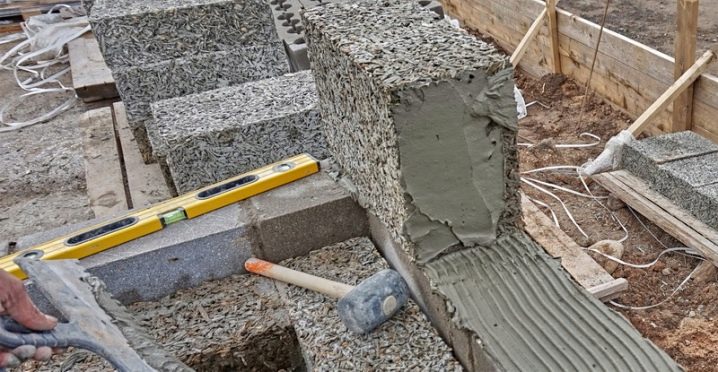
Whether it is worth building a house from wood concrete or not - everyone decides for himself. Those who carefully approached the choice of material and the study of technology respond positively to this option. Houses built of wood concrete panels on heaving ground are not very susceptible to destruction due to movements and are almost not covered with cracks. It is worth noting that there are some complaints about unpleasant odors. In addition, during construction, special attention should be paid to waterproofing and drainage.
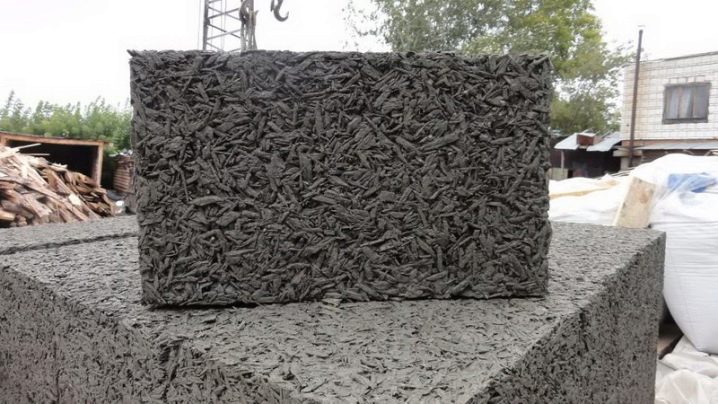
For information on how to mount an arbolite plate, see the next video.












The comment was sent successfully.